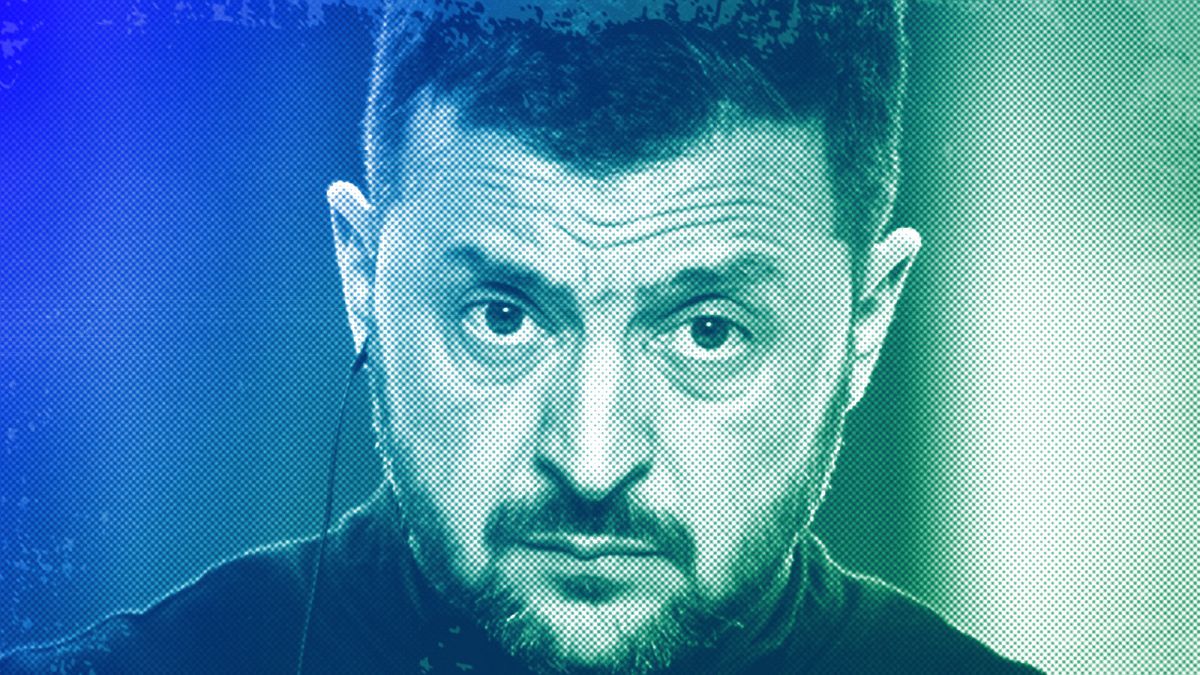In a recent article, Mikuláš Dzurinda, the President of the Wilfried Martens Centre for European Studies, shared his opinion on the ongoing conflict between Ukraine and Russia. He suggests that Ukraine should change its approach towards the political opposition in order to address the protracted war that Russia has waged against the country for nearly three years. Dzurinda proposes a model similar to the one implemented in Germany after World War II, where Ukraine would not reclaim the occupied territories through force but would seek non-violent approaches. In exchange, Ukraine would demand concrete security guarantees from Russia to prevent future aggression. However, the main obstacle to implementing such a solution lies in the unrealistic expectations held by Ukrainian citizens and the democratic world.
Dzurinda points out that Ukrainian President Volodymyr Zelenskyy and parts of the West have fostered unrealistic expectations of a Ukrainian victory over Russia, including the expulsion of Russian forces from all occupied territories. The West’s suggestion of economic and military superiority has further contributed to the illusion that Putin will eventually back down. The article also criticizes President Zelenskyy for not involving the Ukrainian parliamentary opposition in finding solutions to the conflict. This has led to misinformation and the perception that nationalist or fascist units are hindering peace negotiations. Dzurinda believes that Zelenskyy should change his approach and engage the opposition in open discussions on the future relations with Russia.
The author emphasizes the importance of broad political consensus among Ukrainian leaders to address the key issues of the war and seek necessary compromises to achieve peace. By inviting the parliamentary opposition to the negotiating table and facilitating open discussions, Zelenskyy can pave the way for a sustainable peace agreement. This approach may require accepting demands from the opposition, such as participation in governance, but the potential upside includes a unified language among the Ukrainian political elite and citizenry. Dzurinda clarifies that compromises should not be seen as capitulation but rather as a strategic step towards ending the conflict.
In conclusion, Dzurinda encourages President Zelenskyy to change his approach towards the political opposition and organize a peace summit in Kyiv to address the ongoing conflict with Russia. By engaging in open discussions, laying out all cards on the table, and seeking a broad political consensus, Ukraine can pave the way for an end to the war and establish sustainable peace. The author highlights the importance of managing unrealistic expectations and fostering realistic solutions through dialogue and compromise. Ultimately, achieving peace in Ukraine will require collective effort and a willingness to work towards a common goal.











